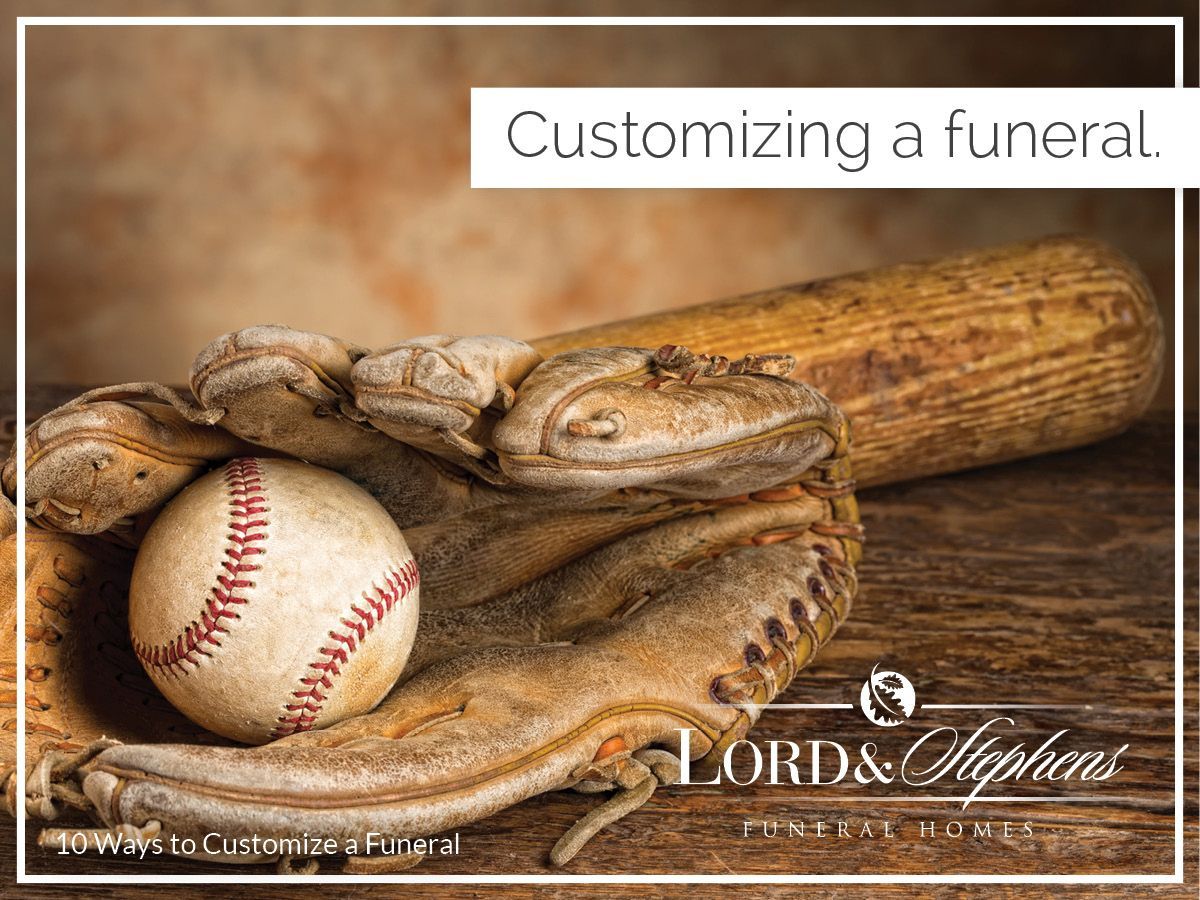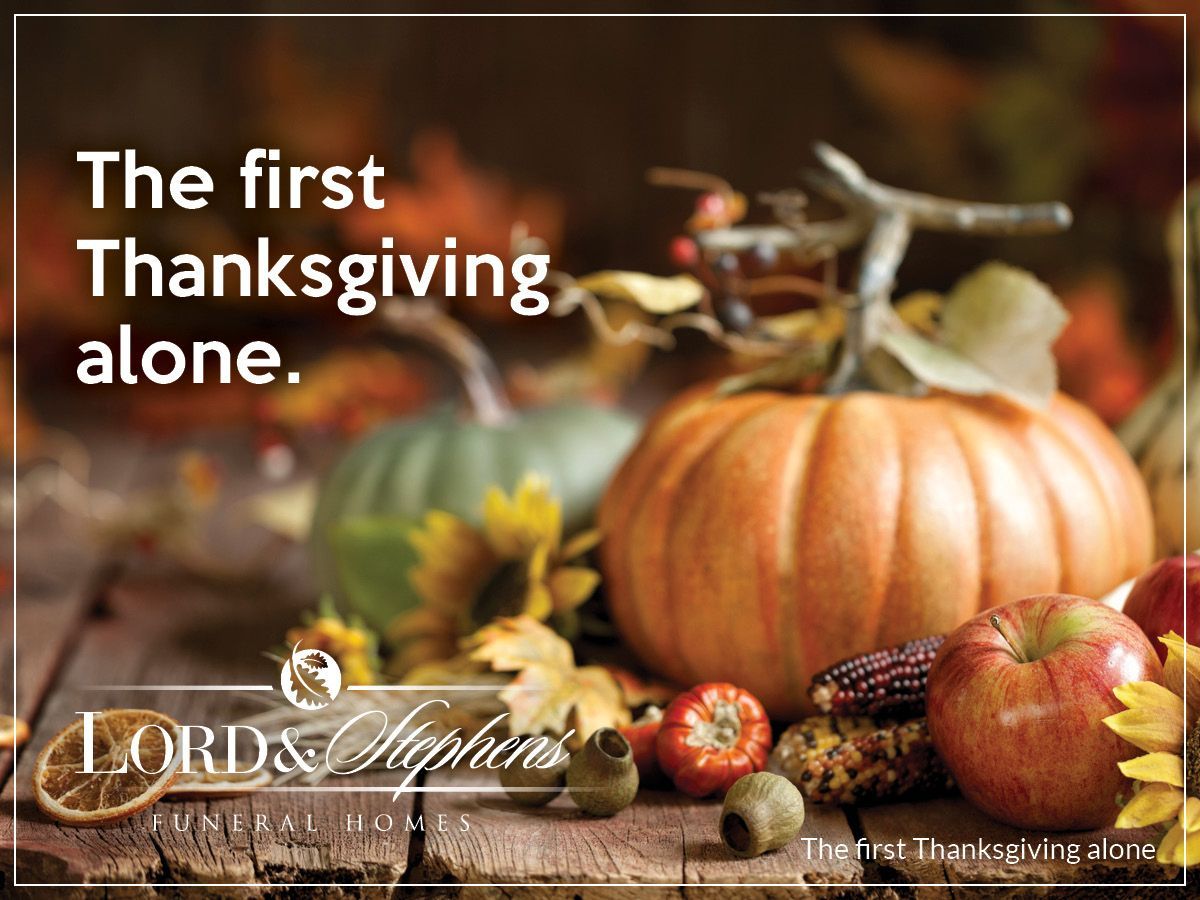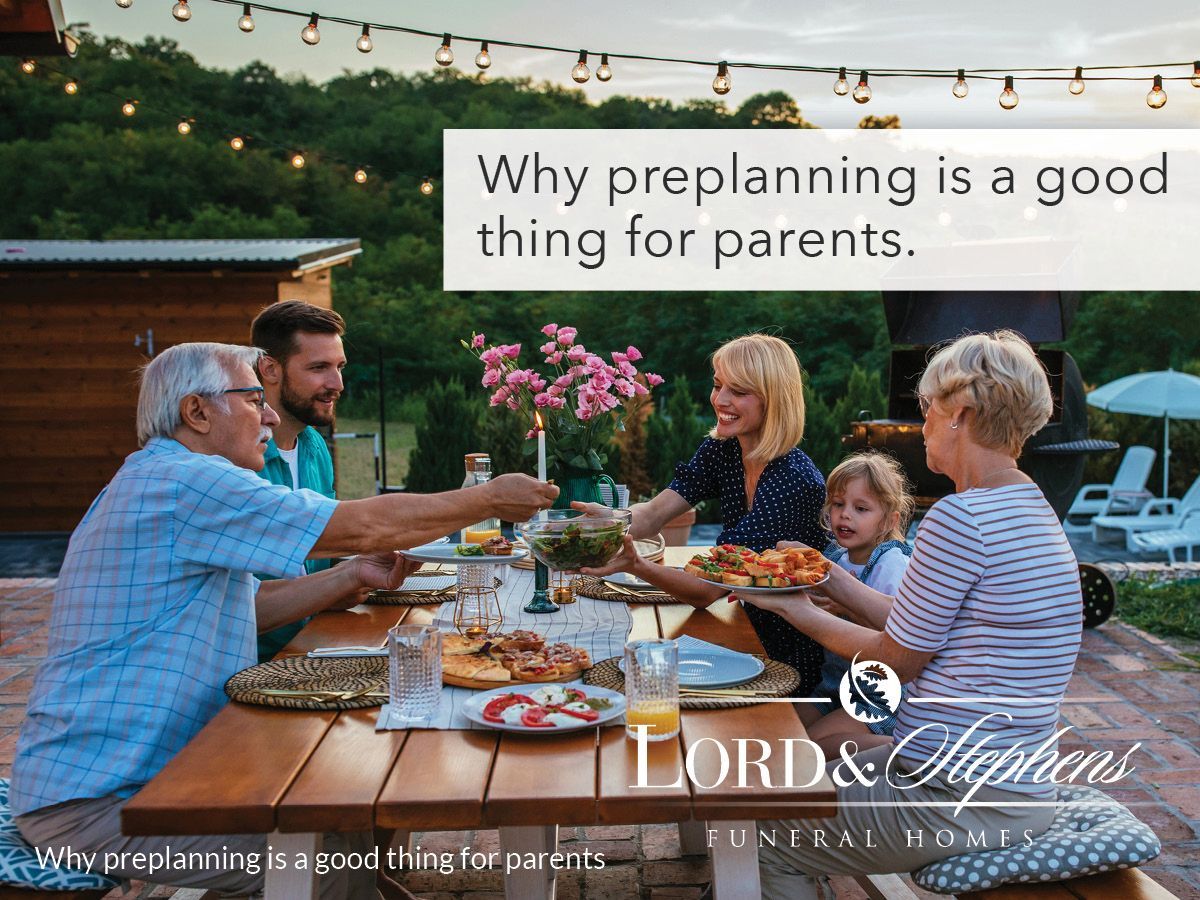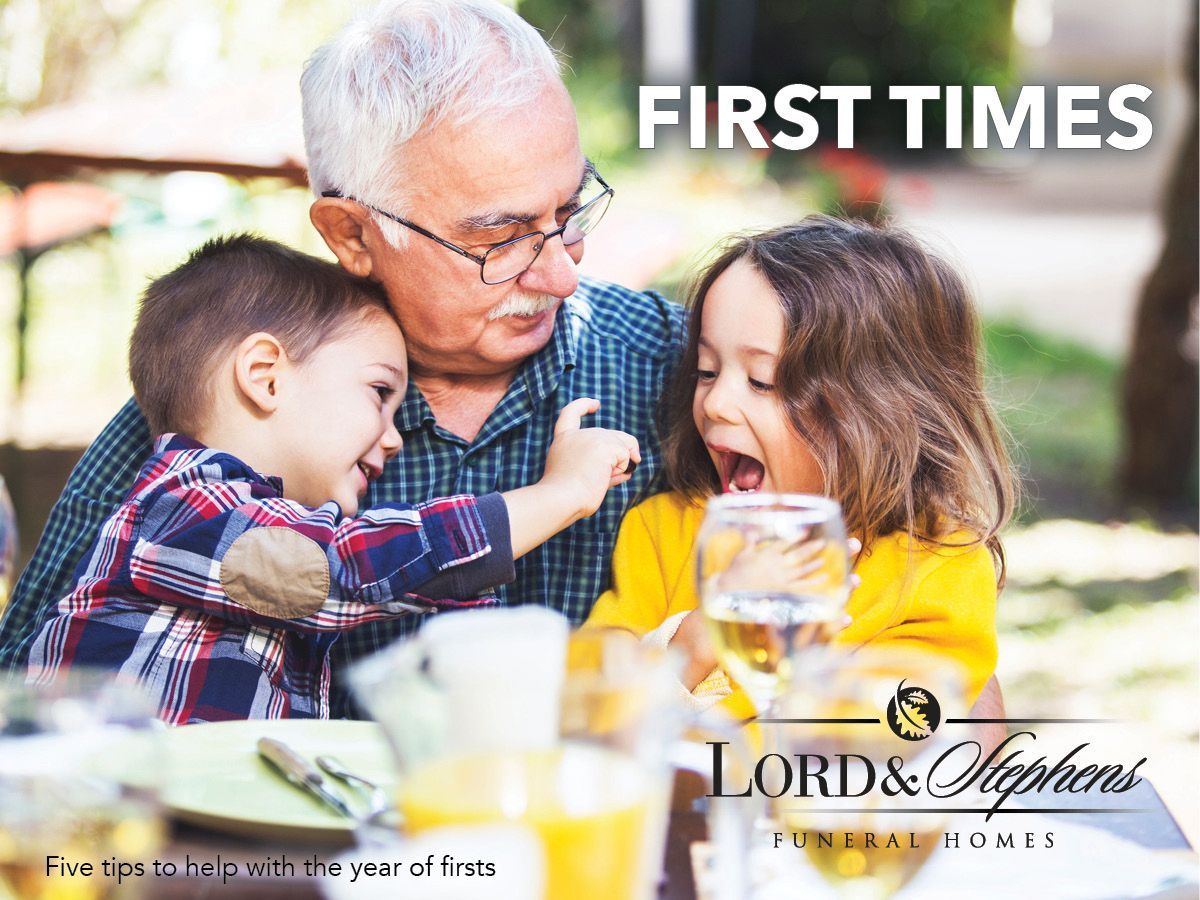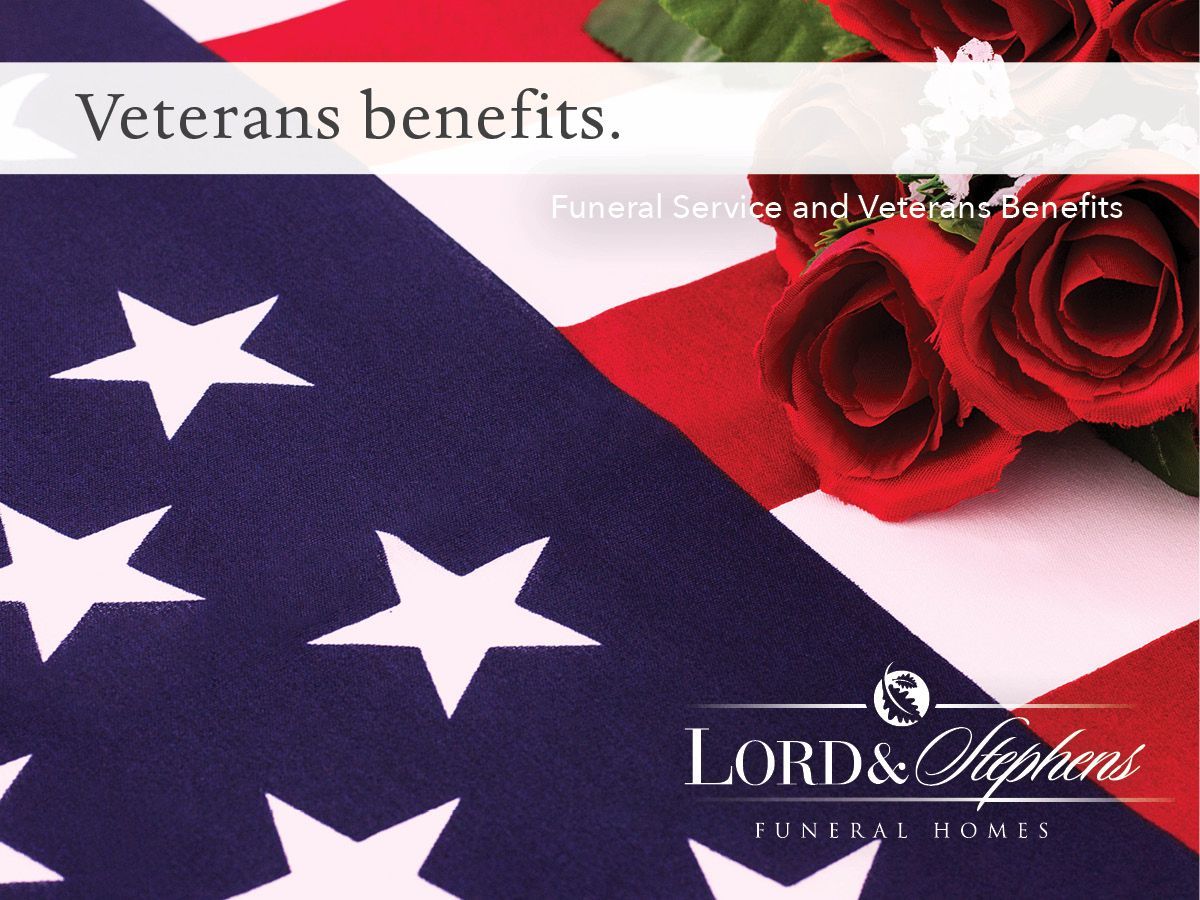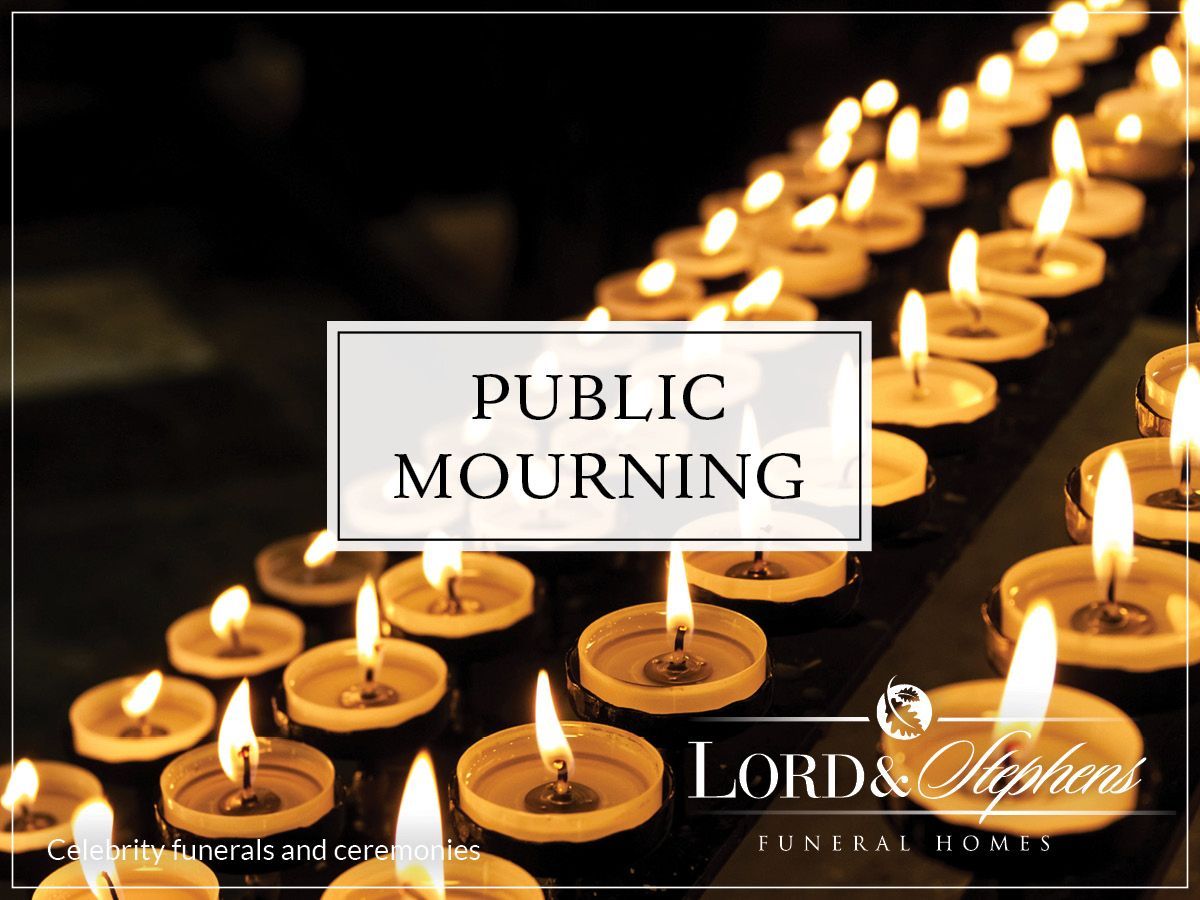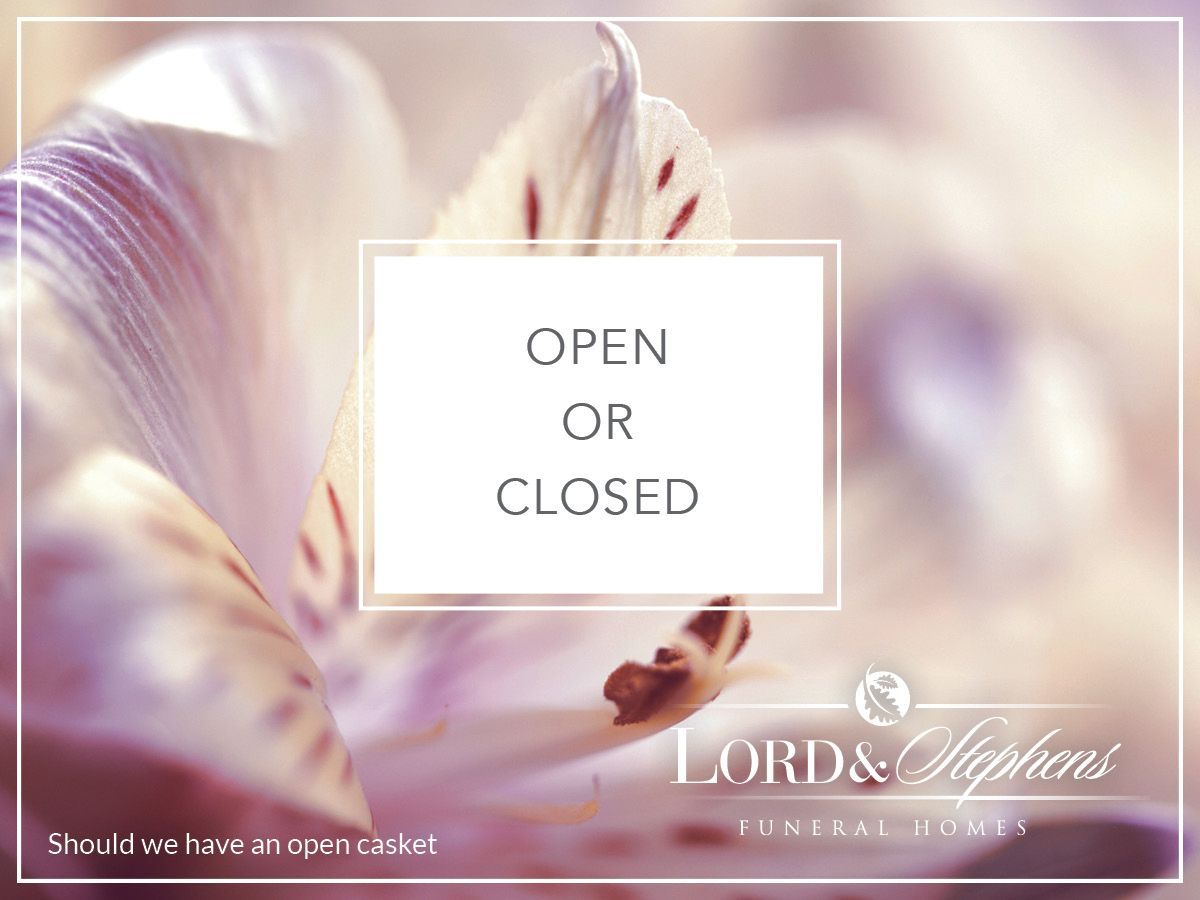Memorial Service – Does My Casket or Urn Need to Be Present?
A memorial service differs from a traditional funeral service in that it takes place after final disposition. Final disposition is either the cremation or burial of the deceased. So, the answer is no—neither the urn nor the casket need to be present at a memorial service. That said, in the case of a memorial service following cremation the urn may be present if that is the family’s desire.
Because a memorial service takes place after either burial or cremation have occurred, the urgency to put together a speedy service is removed. A memorial may take place days, weeks, or ever years after a death. This allows a family that is spread over a great distance with time to arrange for travel, time off work, return from overseas postings, or whatever would likely make it impossible for all to gather on short notice.
A memorial service also works well when a family prefers to be more creative in their farewell. The additional time supports the family’s efforts to arrange for music or food. It provides more time to gather photos, find appropriate readings, and find the perfect venue for the service.
A memorial service may be held just about anywhere. Many funeral homes have space designated for these services that includes audio visual equipment and, in some cases, catering and food service capabilities. Be sure to ask your funeral director for guidance and advice.
A memorial service may be faith based if the individual’s religion permits. Some religions require that disposition take place immediately after death, making memorial service the standard. Other denominations require the body be present for the religious part of the service, making a traditional funeral service a better fit. Again, your funeral director is well-versed in the religious traditions in your community and is an invaluable resource for putting together a service that supports your family’s faith base.
There are a few considerations that are best not overlooked when planning a memorial service. The amount of time between death and the memorial service can become protracted and that can create a burden for some family members. Be aware that many people have an acute need to gather with friends and family, talk about the person who died with others who loved them, cry in a safe place, and receive a much-needed hug. The memorial provides that opportunity and until it takes place, their pain is fresh; most people find a service helps put them on firm footing as they begin their grief journey. It is a good idea to check in with close family members and establish a timeline for the memorial service that takes everyone’s needs into consideration.
The second consideration is the “creativity” piece. When we have a traditional funeral service or a religious based funeral service there is a fairly clear roadmap. When that doesn’t fit for you, or your family, and you are not a creative group you need to speak up and ask your funeral director for help. Not every family has people who are comfortable with public speaking to deliver a eulogy or put together music or a photo slide show. Your funeral director is a resource, so feel free to ask for his or her help.

